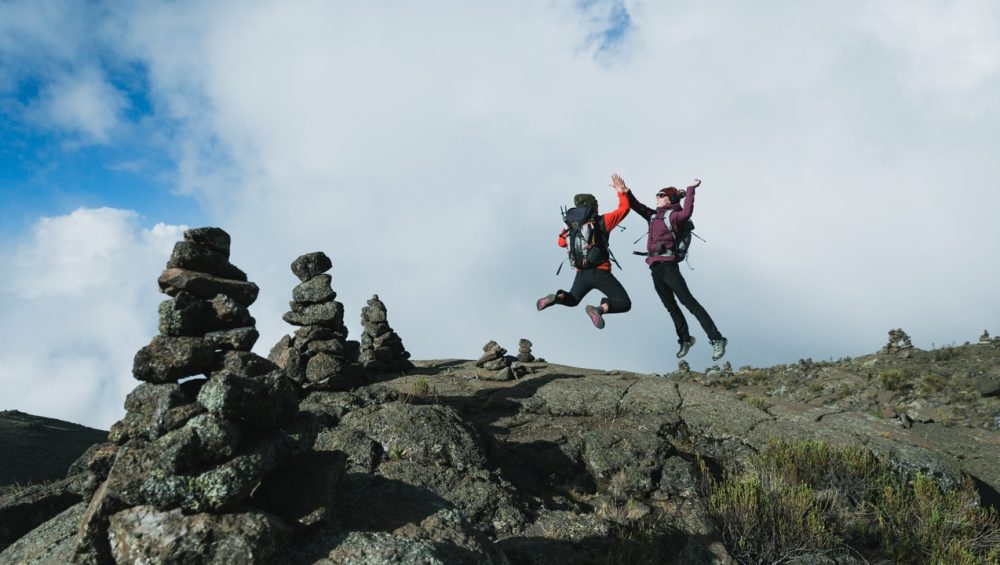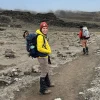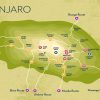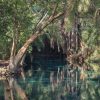Mount Kilimanjaro, standing at 5,895 meters (19,341 feet) above sea level, is the highest peak in Africa and one of the Seven Summits. Every year, thousands of adventurers attempt to conquer this formidable mountain, but how challenging is it?
In this guide, we will explore what it truly takes to summit Kilimanjaro, covering route options, altitude risks, success stories, and training tips so you can determine if this climb is the right adventure for you.
There are 7 main routes to the summit, each offering a different experience in terms of difficulty, scenery, and acclimatization success.
| Route Name | Duration | Difficulty | Highlights | Success Rate |
|---|---|---|---|---|
| Marangu | 5–6 days | Moderate | Huts instead of tents | 50%–60% |
| Machame | 6–7 days | Challenging | Scenic and popular | 70%–80% |
| Lemosho | 7–8 days | Easier pace | Remote, great acclimatization | 80%–90% |
| Rongai | 6–7 days | Moderate | Less crowded | 65%–75% |
| Umbwe | 5–6 days | Tough | Steep and direct | 40%–50% |

Tip: If it’s your first time at high altitude, go for Lemosho or Machame—both balance challenge and acclimatization well.
The Physical Challenge: Assessing Your Fitness Level
Kilimanjaro is a non-technical climb—no ropes or climbing gear required—but don’t underestimate it. You’ll be trekking 5–8 hours daily at increasing altitude, often over rough terrain.
Are You Fit Enough?
– Able to hike 8–12 km per day
– Comfortable walking at high altitudes
– Regular cardio and strength training

Training Tip: Start preparing 2–3 months in advance with hikes, stair climbing, and cardio.
Altitude Sickness: What You Need to Know
Acute Mountain Sickness (AMS) is the biggest challenge, not fitness.
Common Symptoms:
- Headache
- Nausea
- Dizziness
- Shortness of breath
| Altitude Zone | Elevation Range | Risk Level |
|---|---|---|
| High | 2,500m – 3,500m | Mild |
| Very High | 3,500m – 5,500m | Moderate–Severe |
| Extreme | 5,500m+ | High |
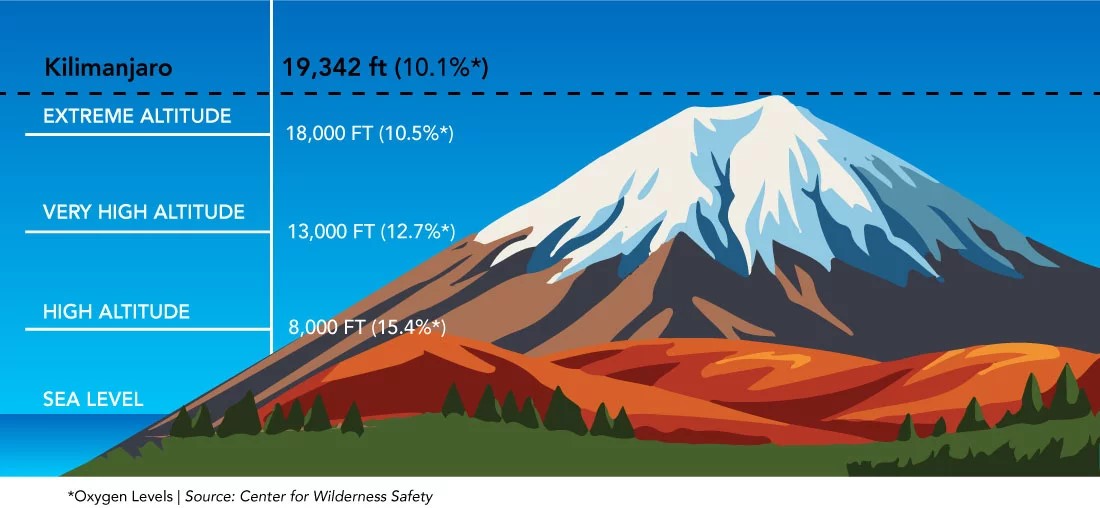
Pro Tip: Choose a longer route for better acclimatization, hydrate frequently, and ascend slowly.
Preparing for the Climb: Essential Gear and Supplies
You’ll need the right gear for altitude, cold, and rain. Here’s a basic list:
| Gear Item | Must-Have |
|---|---|
| Insulated Jacket | ✅ |
| Waterproof Layers | ✅ |
| Hiking Boots | ✅ |
| Thermal Base Layers | ✅ |
| Trekking Poles | ✅ |
| Headlamp | ✅ |
| Daypack + Rain Cover | ✅ |
| Sleeping Bag (-10°C) | ✅ |

Budget Tip: Rent gear in Moshi or Arusha to save on luggage and cost.
The Role of Guides and Porters: Why You Shouldn’t Go Alone
Climbing Kilimanjaro requires a licensed guide; solo climbs are illegal. You’ll also have porters carrying tents, food, and gear.
| Crew Member | Role |
|---|---|
| Lead Guide | Navigation, safety, pace |
| Assistant Guide | Supports and monitors |
| Porters | Carry gear (20kg max) |
| Cook | Prepares all meals |

Support your crew: Tipping is expected and appreciated.
Weather Conditions: When is the Best Time to Climb?
Kilimanjaro has two main climbing seasons:
| Season | Months | Conditions |
|---|---|---|
| Dry Season 1 | Jan – Mid-March | Warm, less crowded |
| Dry Season 2 | June – Oct | Clear skies, busiest |
| Rainy Season | April, May, Nov | Wet, slippery trails |

Best Time: June to October or January to March
Success Rates: How Many Climbers Reach the Summit?
Success depends on route length, acclimatization, and mindset.
| Route | Success Rate |
|---|---|
| Marangu | ~50–60% |
| Machame | ~70–80% |
| Lemosho | ~85–90% |
Over 30,000 people attempt Kilimanjaro annually, but many fail due to altitude sickness or poor preparation.
Personal Stories: Experiences from Fellow Climbers
Is Climbing Kilimanjaro Worth the Challenge?
Yes absolutely. Climbing Kilimanjaro is hard, but not impossible. With proper preparation, the right route, and a supportive team, you’ll not only reach the summit, you’ll discover a new level of resilience.
So, is Kilimanjaro harder than you think? Maybe. But the view from the top is better than you could ever imagine.
Ready to Start Planning?
Contact Go Ahead Trip today to learn more about route options, budgets, and guided tours tailored to your fitness and goals.
